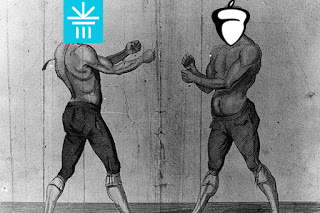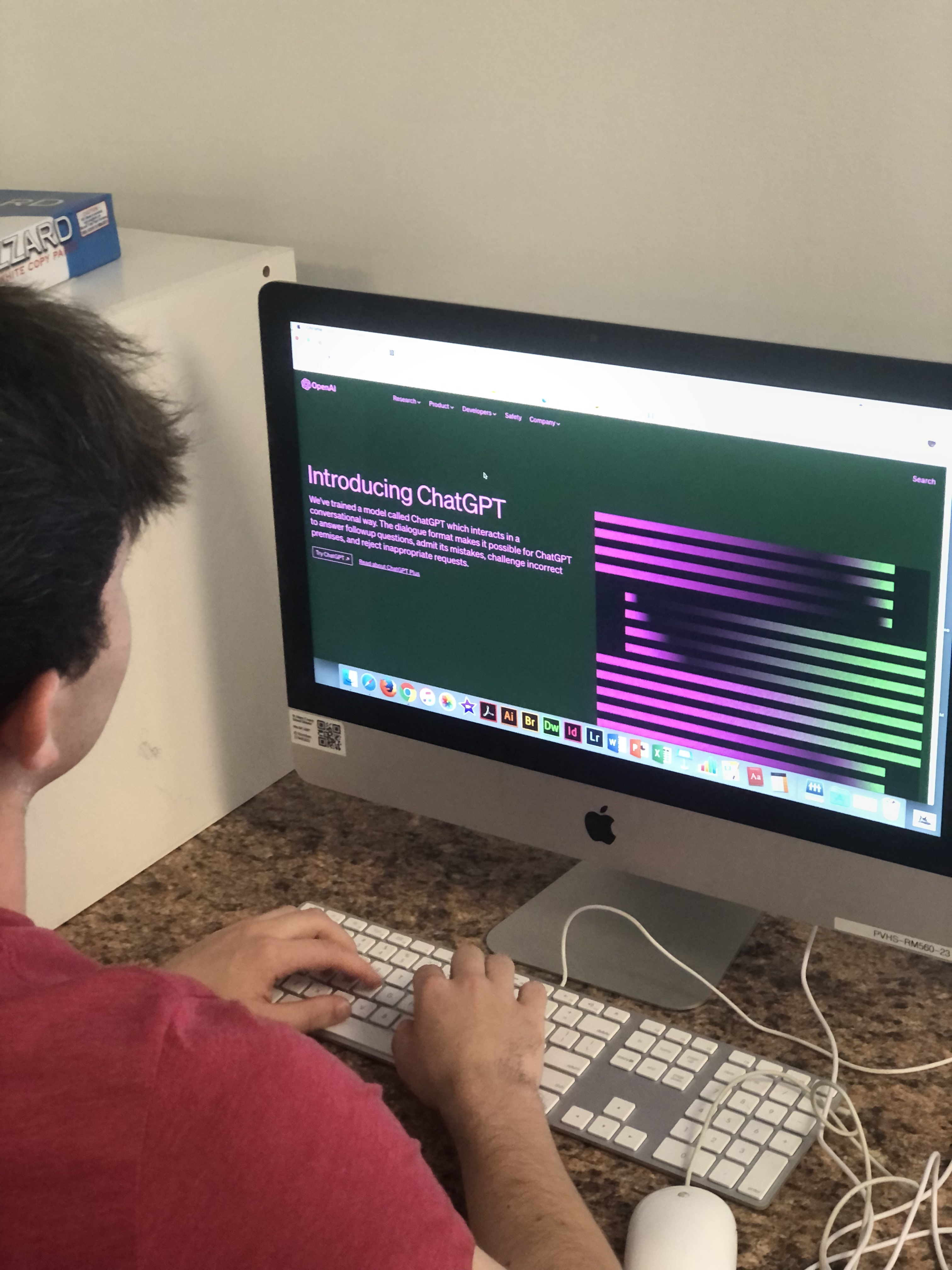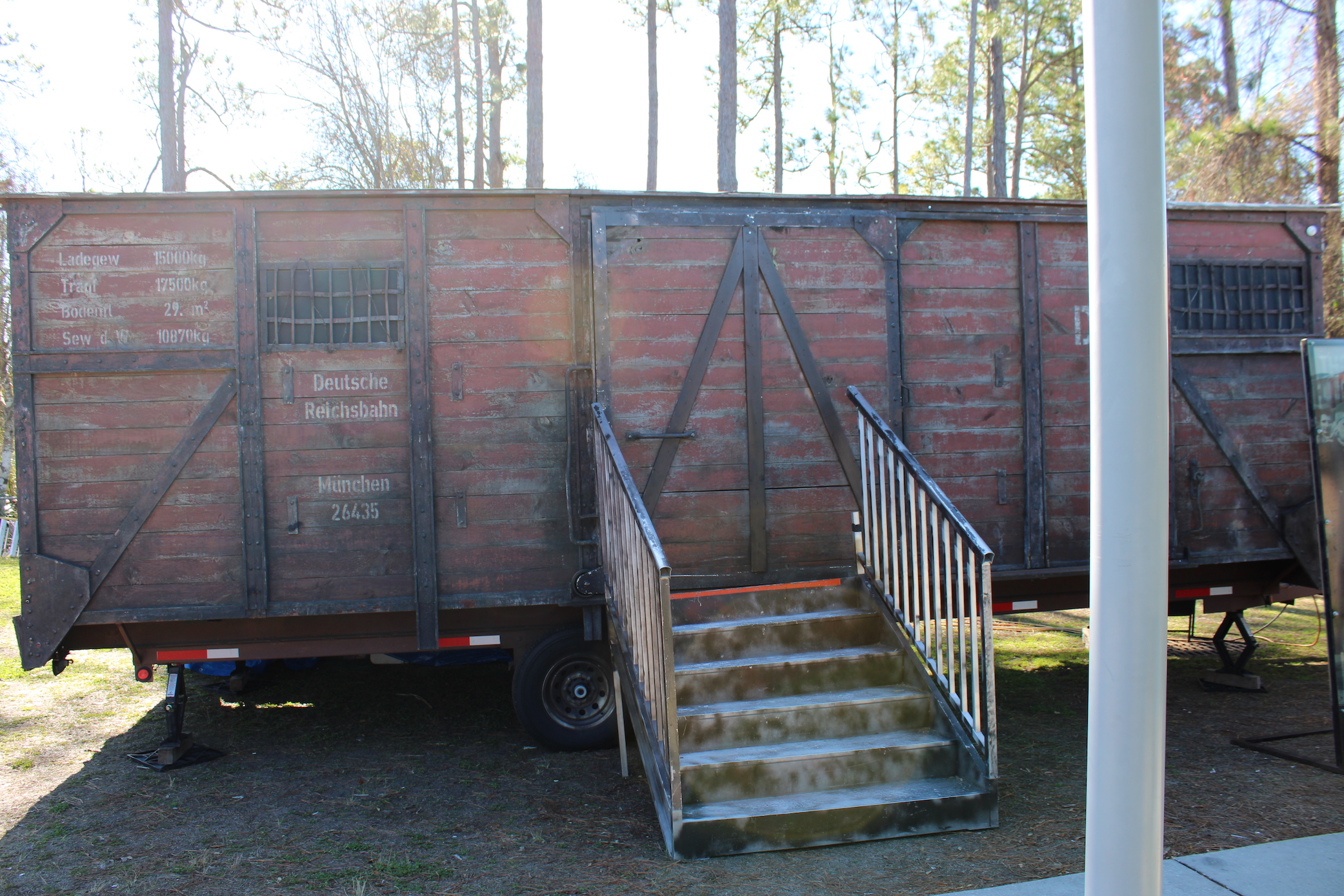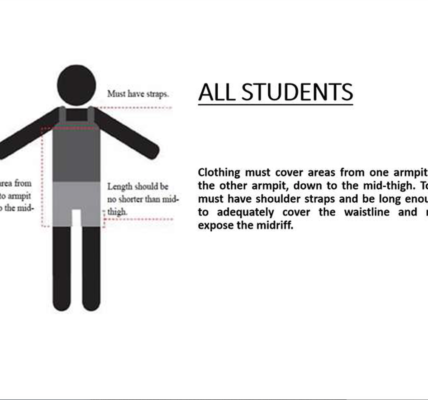By Nate Wicker
High school students in Florida could find themselves taking an alternative option to the traditional college entrance exams of the past. The “Classic Learning Test” or CLT for short, “exists to reconnect knowledge and virtue by providing meaningful assessments and connections to seekers of truth, goodness, and beauty” according to their website. There is a misbelief that the CLT is a standardized test based on the Christian religion, but this is not entirely true. The CLT was created in 2015 by high school English teacher Jeremy Tate, who formerly taught at Mount de Sales Academy. Tate had a disdain for the high-stress testing involved with the SAT and ACT, two flagship college entrance exams. Tate felt that the moral and ethical ideas that once were a part of teaching along with student engagement had been stripped away from classrooms due to hyper-fixation over teaching “towards the test”, referring to the SAT and ACT. Tate believes the curriculum has gone away from traditional texts he deems “meaningful… that have stood the test of time”, towards simple thought that is just coughed up on standardized tests like the SAT and ACT. Subsequently, the CLT is heavily based in the humanities, morality, and classical literature.
The CLT is shorter than its SAT and ACT counterparts as it lasts only two hours. It has three sections: verbal reasoning, grammar and writing, and quantitative reasoning. Like the ACT, the CLT has an optional writing section. It is graded on a scale of 0-120, yet a score of 119 is equivalent to a score of 1600 on the SAT, and a score of 115 is equivalent to a 36 on the ACT. The CLT is offered online where it can be taken it at home, this is a drastic change from the traditional paper-and-textbook that is seen on typical college entrance exams. The CLT is also cheaper than both the SAT and ACT. The CLT costs 59 dollars to register for, has no late registration fees, and has unlimited free score-sends to schools that accept it. Both the SAT and ACT are more expensive to register for, include late registration fees, and cost money for every individual score-send to colleges.
Although the CLT sounds like a noble attempt to revolutionize college entrance testing and revive classroom curricula, there are drawbacks. The CLT lacks support from many college and university admission boards nationwide but has found a majority of its proponents in small, Christian colleges throughout the nation. This has led to a widespread misconception that the test favors to those who adhere to Christian beliefs and tenets. Another reason for this belief is that a section of the reading comprehension section has texts from the Christian based writings of St. Thomas Aquinas, St. Thomas Moore, St. Teresa of Ávila, St. Teresa Benedicta of the Cross, and St. Augustine of Hippo. The CLT has also found popularity amongst conservatives due to fear that the SAT and ACT are indoctrinating children into woke ideologies in a process called progressive influence through select texts and passages that are believed to push liberal stances. Another common criticism regarding the CLT is that it is not as challenging compared to the SAT and ACT and therefore will not bear as much weight with admissions boards in application reviewal. People are also skeptical of the option to take tests online at your home due to test-integrity problems that are sure to arise.
The state of Florida has been the first state to fund all school districts to utilize the CLT for juniors after Governor Ron DeSantis signed HB 1537 into law on May 9, 2023. Along with government funding for the test, the Bright Futures scholarship will also accept a CLT score of 84 for the Florida Medallion Scholarship and a score of 96 for the Florida Academic Scholarship. This will impact how competitive the Bright Futures scholarships are as well as students taking the CLT their junior year due to school funding going to purchasing tests. Sarah Halter, Ponte Vedra High School’s Testing Coordinator, explained how due to the CLT being so new, not much is known yet for its applications to PVHS. Katherine Sharman, St. Johns County School District’s Assessment Coordinator, described that the CLT is not going to be administered by St. Johns County schools over the ACT or SAT yet, but that it can be used to satisfy graduation requirements for students who have entered freshman year during the 2020-2021 school year. The CLT can fulfill the grade 10 ELA assessment and Algebra 1 EOC graduation requirements with scores over a 36 and a 11 on their respectively.
This will impact how competitive the Bright Futures scholarships are as well as students taking the CLT their junior year due to school funding going to purchasing tests.





